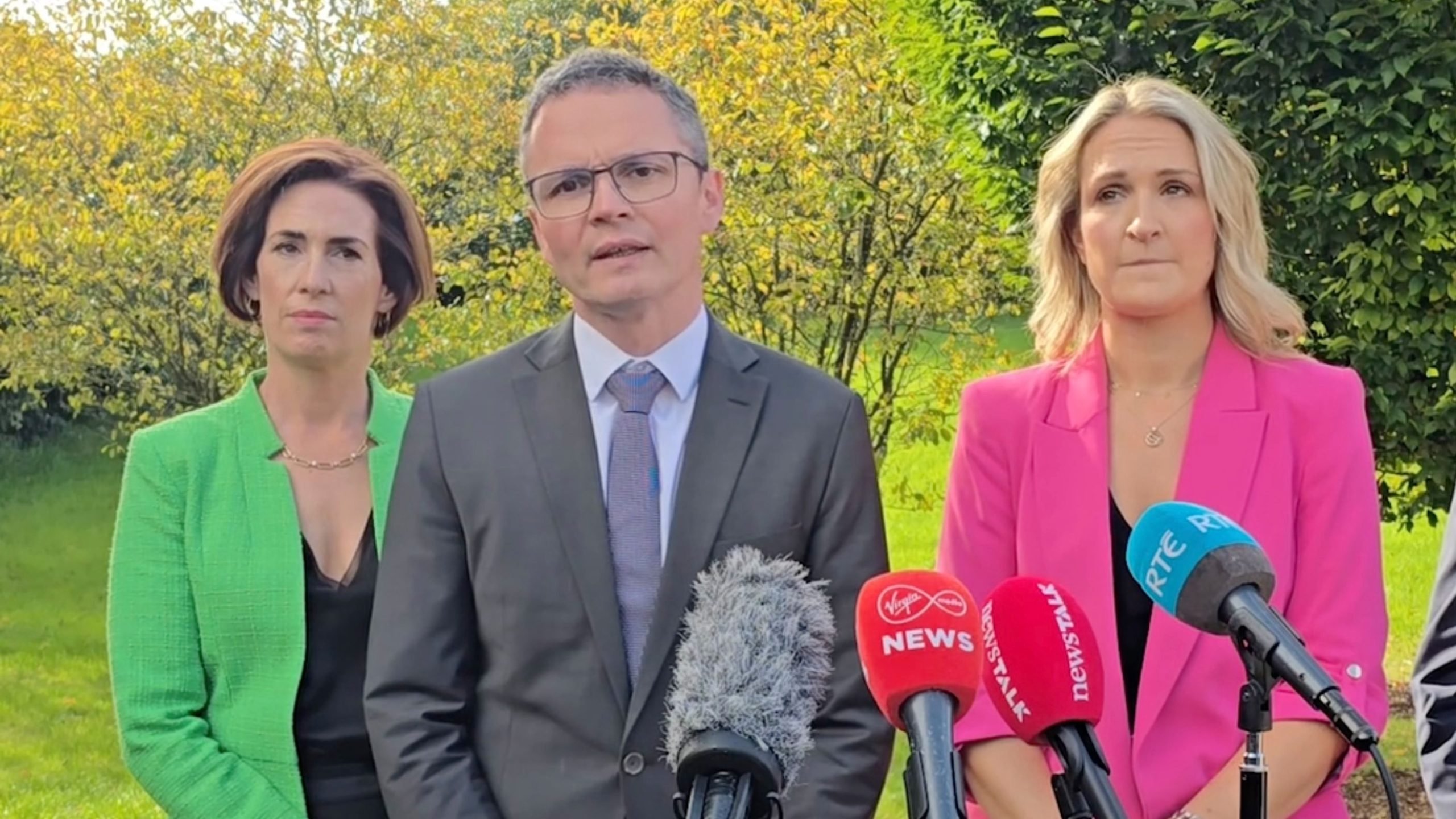Despite overwhelming public resistance, Ireland’s government is pressing on with its national “disinformation” strategy.
Communications Minister Patrick O’Donovan has acknowledged that most responses to the public consultation opposed the plan, but said the State has a duty to tackle “gossip” circulating online.
The consultation, carried out ahead of the strategy’s launch, produced a clear result: approximately 83 percent of submissions were against the proposal, even objecting to the concept itself.
Still, the government moved ahead. When asked during a press conference what purpose the consultation served if the outcome was dismissed, O’Donovan avoided addressing the contradiction directly.
“Yeah, and we got responses from other people as well,” he said, adding: “What we have seen over the last number of years is that there has been, unfortunately, in some quarters, a move to believe gossip online as fact and run with gossip online as fact.”
The strategy, introduced earlier this year, outlines a range of state-backed efforts to counter what officials describe as disinformation, misinformation, and malinformation.
O’Donovan emphasized the importance of “trusted sources,” claiming the initiative will help the public separate truth from fiction.
“So look, it’s very important from a government’s point of view, from a democracy point of view, and from basically being able to disseminate what’s news and what’s fiction to have a national counter-disinformation and malinformation, and misinformation strategy,” he said.
According to O’Donovan, the government plans to increase its support for traditional media, including print, broadcast, and commercial radio. He also highlighted measures to aid new journalists entering the field. “It sets out a number of different actions, including supports for young journalists that are emerging out of university, how we make sure that they actually have a pathway for careers,” he said.
Yet the core issue raised by the public, freedom of expression, remains ignored.
When pressed by a reporter, O’Donovan offered no explanation for why the department failed to examine how the strategy might affect free speech.
His own department later confirmed in writing that it had conducted no analysis on that issue, even though it dominated the consultation feedback.
The Minister instead reiterated the need to protect news integrity. “I think what’s very justifiable in Ireland in 2025 is that what passes for news is actually news. What passes for fiction is actually fiction,” he said. “Because unfortunately, we have, notwithstanding the importance of free speech, an awful lot of what’s passing off as news at the moment is just mere gossip.”
Far from responding to concerns, the government appears intent on pushing ahead regardless. O’Donovan framed the consultation as just one piece of the broader strategy, which will continue to receive State investment and institutional support.
In his view, ensuring that citizens receive information from approved sources outweighs objections raised about censorship. “That’s what our department is doing. That’s what the strategy sets out,” he said. “And that’s what the misinformation, malinformation and disinformation strategy seeks to be able to support.”
But for those who took part in the consultation, the government’s course of action suggests their input carried no real weight.
No adjustments were made to reflect public concerns, no assessment was done on the potential risks to civil liberties, and no justification has been offered for ignoring a process that was billed as public engagement.
If Ireland’s disinformation strategy is meant to reinforce democratic values, its rollout has done the opposite. It has shut out dissent, refused transparency, and treated public opinion as a formality rather than a foundation.








